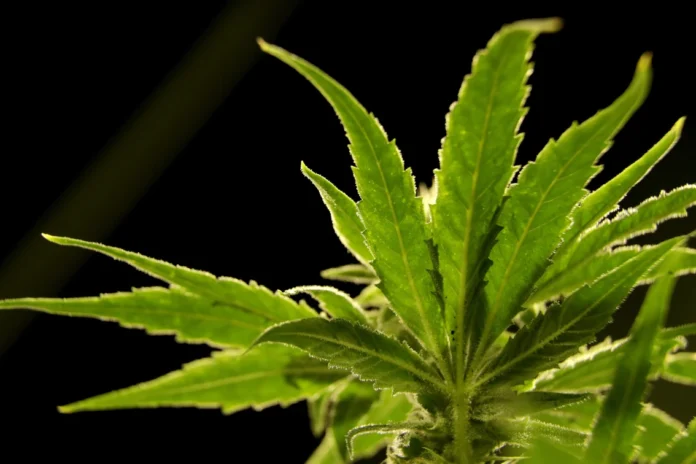The U.S. Drug Control Agency’s Historic Shift on Marijuana Classification
The U.S. Drug Enforcement Administration (DEA) is set to make a significant change to its drug policy by reclassifying marijuana as a less dangerous drug. This move, if approved, could have far-reaching effects on the country’s drug control efforts. While the DEA’s proposal recognizes the medical uses of cannabis and acknowledges its lower potential for abuse compared to other dangerous drugs, it does not legalize marijuana for recreational use. The DEA’s decision, which is currently awaiting review by the White House Office of Management and Budget, marks a historic shift in American drug policy. If approved, it would be the agency’s most significant policy change in over 50 years. The proposal has cleared the last major regulatory hurdle and is now open for public comment before the final rule is published.
The Recognition of Medical Uses and Lower Potential for Abuse
Under the proposed reclassification, marijuana would move from its current classification as a Schedule I drug, alongside heroin and LSD, to Schedule III. This places it alongside substances like ketamine and some anabolic steroids. The recommendation to reclassify marijuana came from the Federal Health and Human Services Department, highlighting the growing acceptance of its medical potential. The acknowledgment of marijuana’s medical uses is a significant step forward. Many states have already legalized the use of medical marijuana, recognizing its therapeutic benefits for conditions such as chronic pain, epilepsy, and nausea caused by chemotherapy. The reclassification by the DEA would align federal policy with the growing body of evidence supporting the medical efficacy of cannabis. Furthermore, the recognition of marijuana’s lower potential for abuse is a crucial aspect of the proposed reclassification. Schedule I drugs are classified as having no accepted medical use and a high potential for abuse. By moving marijuana to Schedule III, the DEA acknowledges that it has a lower potential for abuse compared to substances like heroin and LSD. This shift in classification reflects a more nuanced understanding of the drug’s effects and risks.
The Impact of the DEA’s Decision
The reclassification of marijuana by the DEA could have wide-ranging effects across the country. While it does not legalize recreational use, it opens the door for increased research, regulation, and access to medical marijuana. The move could also pave the way for more states to consider legalizing marijuana for both medical and recreational purposes. From a research perspective, the reclassification would remove some of the barriers that have hindered scientific studies on marijuana. Currently, researchers face significant hurdles in obtaining the necessary permits and licenses to conduct studies on Schedule I substances. By reclassifying marijuana, the DEA would facilitate more extensive research into its potential medical benefits and risks. In terms of regulation, the proposed reclassification would provide a clearer framework for states that have legalized medical marijuana. It would align federal and state policies, reducing the legal uncertainties and conflicts that currently exist. This could lead to improved access for patients who rely on medical marijuana for their well-being. While the DEA’s decision does not legalize recreational use, it does reflect a shifting attitude towards marijuana in the United States. With more states legalizing marijuana for recreational purposes, the federal government’s recognition of its medical uses and lower potential for abuse is a significant step forward. It signals a more balanced and evidence-based approach to drug policy. In conclusion, the U.S. Drug Control Agency’s decision to reclassify marijuana represents a historic shift in American drug policy. The acknowledgment of its medical uses and lower potential for abuse reflects a growing acceptance of cannabis as a therapeutic substance. While the proposal does not legalize recreational use, it opens the door for increased research, regulation, and access to medical marijuana. The ripple effects of this decision could shape the future of drug policy in the United States.

